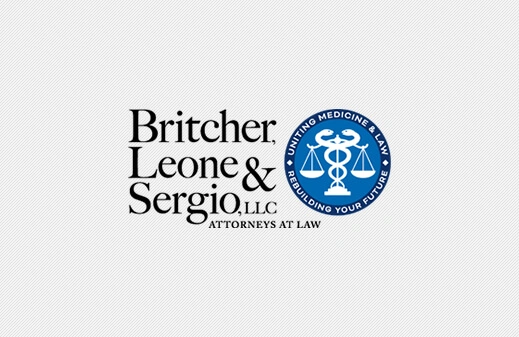
FACE CARE | July 3, 2025
Summer means vacations, summer camp, gardening and DIY projects outdoors, time on the trails or at the beach, or simply soaking up the warm sun in one’s backyard
In the past, preventing the birth of children with genetic diseases was limited to laws preventing marriages between close relatives. When children were born with severe genetic defects, they often lived a life of suffering and eventual death. As medicine developed, however, the concept of genetic screening during pregnancy arose and the use of family history and prenatal tests to assess the risk of pregnancies with genetic abnormalities developed.
Today, with proper genetic screening, it is possible to detect some diseases early in the pregnancy and advise parents of these potential problems. However, if doctors and other medical professionals fail to properly screen for genetic diseases and a child is born with a permanent debilitating genetic condition do the parents or the child have legal recourse? The answer is: it depends.
New Jersey is one of only a few states that recognize causes of action for wrongful birth and wrongful life:
Both parents and child must demonstrate how the medical professionals failed to properly screen and advise them about the risks of genetic disease, thereby preventing them from making an informed decision about whether to continue the pregnancy. Such claims depend on a number of factors including religious and social beliefs, the detectability of the genetic defect, and the seriousness of the resultant genetic injuries.
Wrongful life and wrongful birth suits may arise from situations in which medical professionals fail to:
Malpractice can occur in a variety of medical settings, from the doctor’s office to the laboratory. These fact-intensive cases are very complex and warrant a thorough review of all the facts associated with the pregnancy.
Proper genetic testing can screen for diseases such as:
Parents facing the birth of a child who suffers from a severe (and preventable) defect may face extraordinary hardships, financial and otherwise. New Jersey law may offer a remedy that can help.
Related Posts